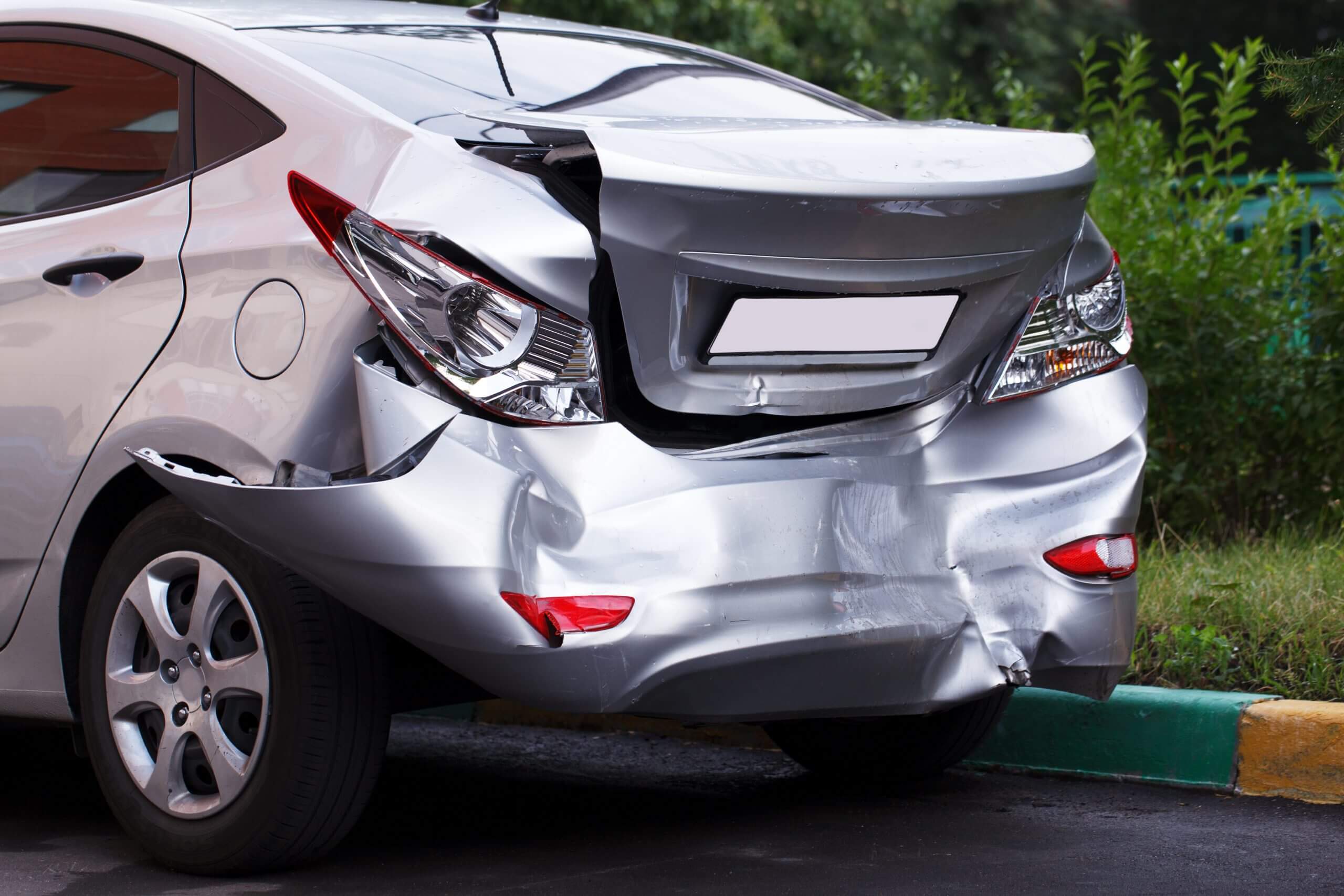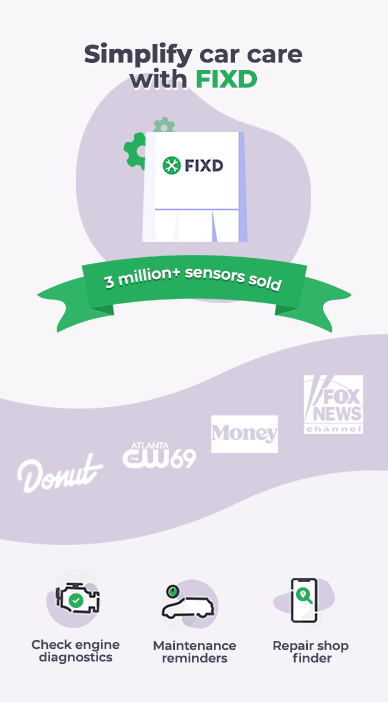If you’re shopping for a car and come across a deal that seems too good to be true, you might be looking at a car with a rebuilt title (aka a branded title).
From the outside, a car with a rebuilt title can look like any other car. But, appearances can sometimes be deceiving, and even if a car with a rebuilt title is running perfectly, you’ll probably have trouble finding a lender willing to loan you the money to buy one.
Let’s discuss what it means when a car has a rebuilt title, how you can secure a rebuilt title auto loan, and whether it’s worthwhile for you to buy a car with a rebuilt title.
What is a salvage title?
Before a car with a rebuilt title rejoins the ranks of other roadworthy vehicles, it will have a salvage title.
When a car is damaged, whether it’s the result of an accident, natural disaster, fire, or vandalism, an insurance adjuster will evaluate the vehicle to determine the extent of the damage. Then, they’ll decide how much the insurance company will pay the policyholder for the loss.
If the cost to repair the damage exceeds a certain percentage of the car’s value (the exact figure varies by state, from as little as 60% to as much as 100%), the car is declared a total loss and a salvage title is issued.
What is a rebuilt title?

A car with a rebuilt title means the vehicle was deemed a total loss (aka totaled) due to damage, but instead of scrapping the car to sell it for parts, the car was rebuilt and restored to ensure it can function safely.
Once a title is salvaged, you can’t legally drive the car. Every state has slightly different rules and processes for changing a title from salvage to rebuilt, but in general, you’ll have to complete the following steps.
-
- Restore the car to its full working condition
-
- Submit an application, along with all documentation required by your state’s department of motor vehicles or transportation
-
- Pay any fees (which vary by state but typically average around $100)
-
- Pass an inspection conducted by the state’s department of motor vehicles or transportation
-
- If the car passes inspection, wait 3–4 weeks to receive the new title
How can I finance a car with a rebuilt title?
Financing a car with a rebuilt title can be a bit challenging, and while most banks won’t issue a rebuilt title auto loan, you may still have some other options.
The vast majority of large banks, like Ally and Chase, won’t finance vehicles with a rebuilt title because they represent an increased risk for them. It’s hard to know what a car with a rebuilt title is worth, and how reliable the car will be after all the work that’s been done on it. Therefore, many (but not all) lenders shy away from rebuilt title auto loans altogether, simply because they aren’t confident enough in the car’s value as collateral to secure the loan.
Credit unions and some small banks

Some credit unions and smaller banks might offer auto loans for cars with rebuilt titles. If you have an existing relationship with a credit union or local bank, it’s worth asking about the possibility of getting financing for a car with a rebuilt title.
Even if a lender does agree to the loan (which is still uncommon), they may impose a lower loan-to-value (LTV) ratio limit. As a refresher, the LTV ratio is how much money you owe on the car relative to the value of the car. So, if you buy a $40,000 car and take out a loan for $30,000, your LTV ratio is 75%.
Unlike auto loans for buying or refinancing a car with a clean title, the LTV ratio on a rebuilt title auto loan is often limited, so you may only be able to borrow a maximum of 60% of the car’s value.
Personal loans
If you can’t find a local bank or credit union willing to approve a rebuilt title auto loan, a personal loan can provide the funding you need to buy a car with a rebuilt title.

Personal loans are very flexible, but you’ll have to pay for that flexibility in the form of a higher interest rate and potentially higher fees. Personal loans may also come with stricter credit requirements than an auto loan, so this might not be an option if you have a lower credit score.
Is it worth buying a car with a rebuilt title?
In some cases, buying a car with a rebuilt title is worthwhile. If you’re thinking about buying a car with a rebuilt title, make sure you fully understand the risks before you make your decision.
Though you’ll pay less upfront for a vehicle with a rebuilt title, you’ll likely face higher costs down the road. If you’re okay with fewer loan options, higher insurance costs, and a lower resale value, then buying a car with a rebuilt title could be right for you.
If you’re still unsure whether a rebuilt title is worth it, use the pros and cons table below to help guide your decision.
| Pros | Cons |
| You can buy more car for less money | Lower resale value |
| Comes with extensive repair documents | Harder to finance |
| Undergoes a thorough state inspection before the rebuilt title is issued | More difficult and more expensive to insure |
| Harder to sell or trade | |
| May not qualify for a warranty | |
| Repair quality is unknown |
FAQs
Does Capital One finance loans for vehicles with rebuilt titles?
Capital One, like most banks, does not finance vehicles with rebuilt, salvaged, or branded titles.
Can you refinance if your car has a rebuilt title?
You may be able to refinance your car if it has a rebuilt title, but most lenders won’t offer this option.
How is a rebuilt title different from a salvage title?
A salvage title means a car suffered extensive damage and is considered a total loss. A rebuilt title is assigned to cars that had a salvage title but have been restored and have passed inspection.
How much less is a car with a rebuilt title worth?
A car with a rebuilt title tends to be worth about 30%–50% less than a comparable car with a clean title.
How do you find out the value of a car with a rebuilt title?
The most accurate way to find out the value of a car with a rebuilt title is to hire a certified auto appraiser. Alternatively, can look online for listings that match your car’s make, model, and mileage. Then, you can subtract 30%–50% from the prices of comparable cars with clean titles.
How does a rebuilt title impact insurance coverage?
A rebuilt title can increase the cost of car insurance coverage or limit the type of coverage an insurer is willing to offer. For example, an insurance company might issue a liability policy on a car with a rebuilt title but won’t approve comprehensive and collision coverage.
When you do find an insurer willing to insure a car with a rebuilt title, the liability coverage will be more expensive than it would be if the car had a clean title. Since the insurance company isn’t sure how well the repairs were done during the restoration, they may view a vehicle with a rebuilt title as riskier, and charge higher premiums.
Will CarMax buy a car with a rebuilt or salvaged title?
Though CarMax doesn’t advertise it on its website, several online sources say that CarMax will buy almost any car, including those with a rebuilt or salvaged title. Worth a try.

Jonathan is a writer with over 10 years of experience and a former insurance agent. Jonathan’s focus is to simplify personal finance and help equip you with the tools you need to make smart financial decisions. Despite the criticisms, he remains committed to driving a manual transmission and prides himself on smooth shifting, even in rush-hour traffic.













